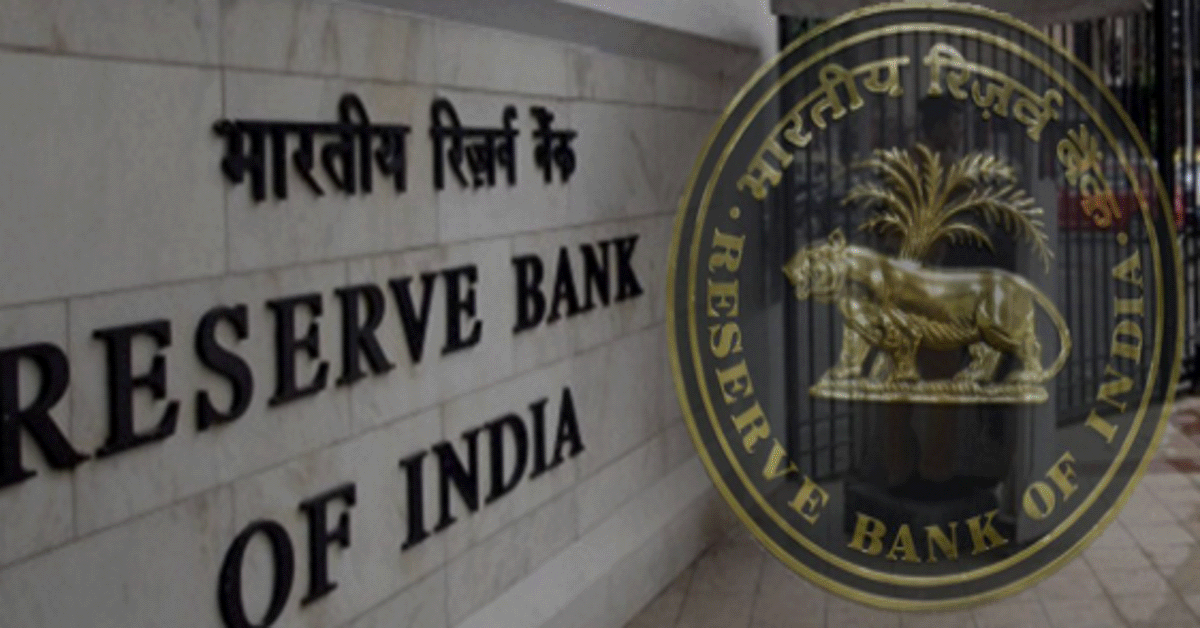Navi Finserv, a prominent non-banking finance company (NBFC), has decided to cancel its planned bond issuance of Rs 100 crore. This bond issuance was set for bidding on Monday, but the company has chosen to hold off amid regulatory challenges from the Reserve Bank of India (RBI).
The bond was intended to be a part of Navi Finserv’s efforts to raise funds in the domestic debt capital market. These bonds had a tenor of 27 months and were rated ‘A’ by CRISIL, a leading domestic rating agency. However, the decision to cancel the issuance comes shortly after the RBI took action against Navi Finserv and three other NBFCs, including two microfinance institutions (MFIs), prohibiting them from granting loans at excessively high-interest rates.
The RBI’s intervention follows concerns about the lending practices of Navi Finserv and the other NBFCs. Just last week, the RBI barred these institutions from sanctioning and disbursing loans due to their charges of exorbitant interest rates to borrowers. The other companies affected by this action are Asirvad Microfinance, Arohan Financial Services, and DMI Finance, all of which provide various types of loans.
Navi Finserv, which is known for its digital-first approach, offers personal and home loans and also provides funding for emergency medical expenses and short-term business needs. The company is backed by Sachin Bansal, a co-founder of the well-known e-commerce platform Flipkart.
In response to the RBI’s directive, Navi Finserv has expressed its commitment to high standards of compliance, customer service, and transparency. The company stated that it is reviewing the directions from the RBI and aims to address all concerns promptly. Shobhit Agarwal, Head of Lending at Navi Finserv, assured stakeholders that the company maintains a healthy liquidity position. He noted that after careful consideration, Navi Finserv decided that there was no immediate need for external funding, which led to the cancellation of the bond issuance.
The cancellation of the Rs 100 crore bond issuance is significant and could have both short-term and long-term effects on Navi Finserv and its investors. In the short term, the company may struggle to secure funds necessary for its growth and operational plans. This could lead to delays or reductions in investment projects and strategic initiatives.
Additionally, the bond cancellation might negatively impact investor sentiment. The perception that Navi Finserv is under regulatory scrutiny could erode investor confidence, potentially leading to a decline in the company’s stock price.
The RBI’s actions underscore the importance of regulatory compliance in the financial services sector. The central bank plays a vital role in ensuring that financial institutions operate within the boundaries of regulations. Although the specific reasons for the RBI’s actions against Navi Finserv are not fully disclosed, the cancellation of the bond issuance indicates the company may have failed to meet certain regulatory standards.
The future of Navi Finserv largely depends on how effectively the company addresses the concerns raised by the RBI. If the company can rectify the issues and regain the trust of regulators and investors, it may recover from this setback and continue its growth trajectory. However, failure to address these problems could result in more severe challenges, including regulatory penalties or restructuring.
The cancellation of Navi Finserv’s Rs 100 crore bond issuance is a crucial development that raises questions about the company’s regulatory compliance and financial stability. As Navi Finserv works to address the RBI’s concerns, the outcome of this process will be critical in determining the company’s future in the competitive financial services market.

